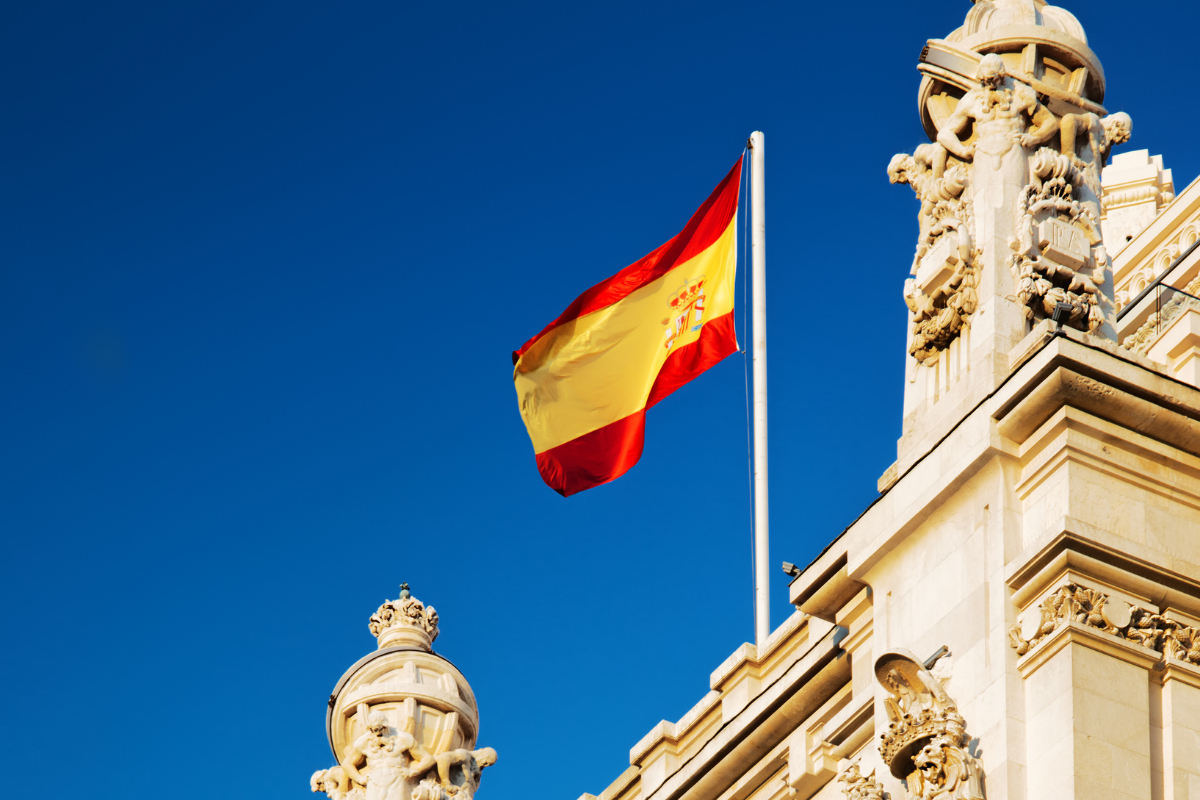Spain’s data protection laws apply everywhere — even on the walls of your building’s lobby. Credit: efired via Canva.com
A quick notice on a locked board inside a residential building in Spain, which could be just a neighbour’s initial, surname, and the amount they owed the community. Nothing public, nothing online. 8 months later, the community was fine, €1,000. It’s not due to slander or defamation, but rather for violating Spain’s strict data protection rules. These don’t only apply to tech giants but also to your comunidad de vecinos.
We will explain how privacy law has become an integral part of everyday life, from the elevator to the stairwell and the basement bulletin board. How those rules are often misunderstood can lead to legal breaches and fines. Because in Spain, a locked door does not equal compliance, and when it comes to neighbourly transparency, there is a legal line you might not even know that you’ve crossed.
A locked noticeboard and a fine
It began with a lot of notice board, which is the kind you’ll find in many Spanish residential blocks. But behind the glass and key, someone posted a list of unpaid community fees. It was next to the one entry regarding a neighbour’s surname initial and the amount owed. It stayed there for 8 months.
Privacy Law does not care if the board is locked, but rather it cares if the information is visible. In this case, it was curious cleaners and other residents, as well as visiting family.
- That neighbour followed the complaint twice.
- When the board wasn’t updated or removed, it escalated it to Spain’s data protection agency.
The result was a €1,000 fine for the buildings administrator based on the violation of the GDPR rule. This rule requires that personal data be handled in a manner that ensures appropriate security, including protection against unauthorised or unlawful processing.
The board was not hacked; there was no leak, and it didn’t matter because, in the eyes of the AEPD, a surname plus a debt amount was enough to constitute a privacy breach.
The legal lines that communities miss
In Spain, comunidades de vecinos operate on a mix of common sense, customs and the horizontal property law. The neighbours expect to see debt notices, schedules, and even maintenance updates that are applied to the board downstairs. This is how information circulates and shared spaces in Spain:
- Under the Spanish data law on GDPR, the moment a document is displayed, it shows identifiable personal data, such as the surname linked to a financial detail, which will fall under strict protection.
- If it is visible to others, it is public enough to violate confidentiality.
The Spanish data protection agency has been clear and notifying the following:
- Those notices must include the reason for the amount and a formal signature from the community president.
- They should not include full names unless legal steps such as a court claim have already been initiated.
- Initials and surnames can be excessive if they lead to identification, especially in smaller communities.
Yet many administrators, as well-intentioned as the residents, will still assume a locked board means legal safety; it does not. The line between beneficial transparency and unlawful exposure is thinner than most communities actually.
The dos and don’ts
A €1,000 fine can hurt the community’s budget, but this happens when a neighbour sees their name or dispute that is spun up for all to view. What should feel like a shared space will start feeling more watched, and what should be confidential begins to look careless.
In smaller communities, this kind of exposure can spread quickly, resentment builds, and people stop attending meetings. What seems like a simple note this can be the start of a formal complaint, illegal procedure, or even a community fracture that takes longer to fix than it did to print the page.
To avoid this situation and a possible fine, here are the dos and don’ts for comunidades:
DO anonymise debt notices — use door numbers or codes, not names.
DO get formal approval before posting any financial data.
DO keep printed records for internal use, not public display.
DO educate building managers on Spain’s data protection rules.
DON’T assume a locked board is legally safe.
DON’T post personal disputes or individual names.
DON’T ignore removal requests — that’s what triggered this case.
If in doubt, treat all personal data like it’s public — because in the eyes of the law, it might already be.
